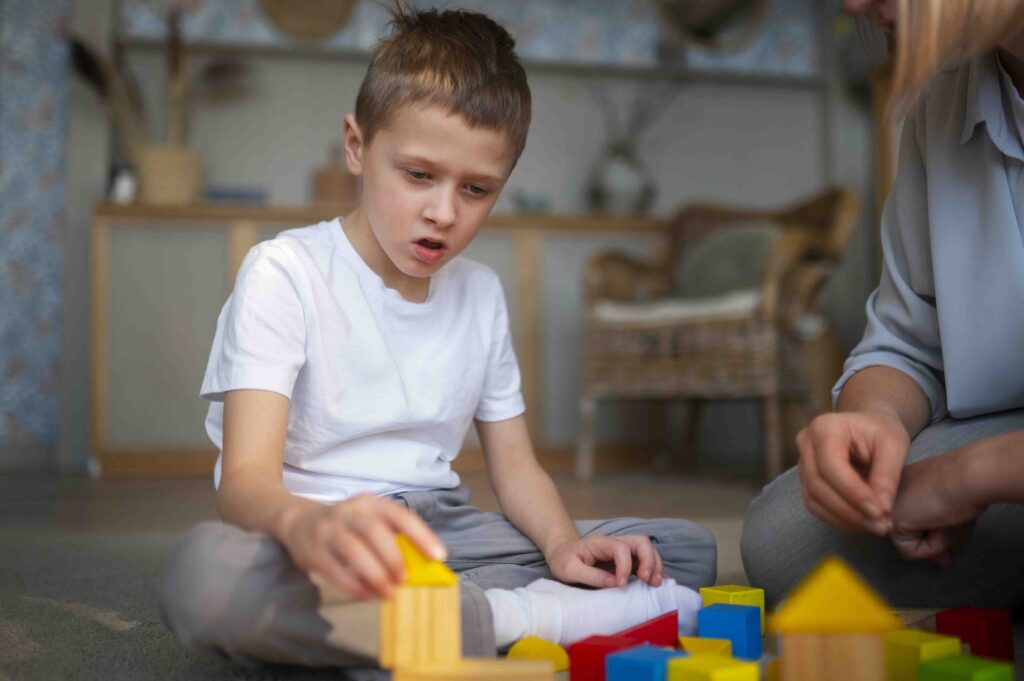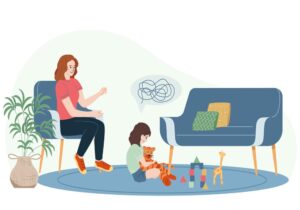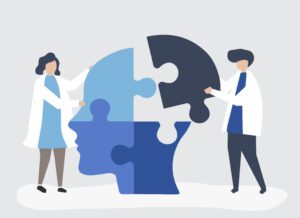Rethinking Neurodiversity and Autism
This article has been researched and written by Nardus Saayman. AI has not been used in producing this article.
I want to explore autism beyond outdated concepts of deficits and limitations. In the newsletter issues that follow, I will illustrate how psychological ideas can be used to better understand and appreciate the unique experiences of autistic individuals. The goal is to clarify misunderstandings and improve the connections between autistic/neurodiverse individuals and the various social spaces that they have to navigate, by genuinely considering the autistic or neurodiverse individual’s experiences.
Today, more than ever, we are beginning to understand neurodiversity via exciting new discoveries in brain science. These discoveries offer hope that we can better explain the experiences that patients and their loved ones regularly navigate. Autism, in particular, is receiving significant attention, helping us appreciate the unique ways autistic individuals experience the world . “Neurodiversity” simply means recognizing that there are individuals whose brains work differently compared to ‘neurotypical’ individuals. We’re all unique, but some people’s brains operate in ways that significantly differ from what is typically considered ‘normal’. These individuals are described as ‘neurodivergent’. Autism is one example of neurodivergence, characterized by differences in communication, social interactions, sensory experiences, interests, and the need for structure or novelty in their daily lives.

Recent studies led by autistic people themselves encourage us to rethink traditional ways of understanding autism. Rather than seeing autism as a set of problems to fix, we are learning to approach autism with openness, curiosity, and respect. This shift invites us to move away from outdated views that only focus on what autistic people supposedly ‘lack’. Instead, it calls us to genuinely understand and support the unique ways autistic people experience their world. However, saying that a neurodiverse individual’s brain works differently compared to the brain of a neurotypical individual (the majority), does not really give us much to go on. It is an accepted and common way of explaining the situation, but many neurodiverse individuals, as well as the people close to them feel that this is an empty explanation.
Historically, psychology and psychoanalysis have struggled to fully understand autism. Early theories often tried to pinpoint what went “wrong” during development, but many believe these theories missed the essence of what autism truly is. Autism challenges us to rethink our psychological models— models traditionally based on “typical” brain functioning—and asks how these models might look if we accounted for brains that operate differently.
Ultimately, autism isn’t just about behaviors or limitations— it’s about understanding people whose brains are wired differently and whose experiences of the world are just as meaningful, complex, and valuable as anyone else’s.
To fully grasp what it means to be autistic, it’s crucial to listen directly to the voices and experiences of autistic individuals. They frequently describe the world as overwhelming or intensely vivid due to heightened sensory experiences. Sounds, sights, smells, and sensations can be much more powerful or distracting, making everyday environments feel challenging. On the other hand, these sensory sensitivities can also lead to remarkable abilities, such as heightened perception, deep focus, and unique insights that many neurotypical individuals might overlook. Additionally, autistic individuals often have deep passions or intense interests that provide a sense of comfort and predictability.
These interests aren’t just hobbies—they can offer pathways to meaningful careers, connections with others who share similar passions, and a profound sense of identity and purpose. Understanding these interests and respecting their significance can greatly enhance the therapeutic relationship and overall well-being of autistic individuals.
As we advance our understanding of autism, it’s also essential to acknowledge the significant role of society and environment in shaping the experiences of autistic people. Social expectations and norms often don’t accommodate neurodivergent ways of interacting or communicating, leading to feelings of exclusion or misunderstanding. Creating environments that are inclusive and respectful of neurodiversity not only benefits autistic individuals but enriches our communities by embracing diversity in all its forms. By shifting our perspectives and approaching autism with empathy and openness, we can foster more meaningful connections and provide better support. Our collective goal should be to ensure that autistic individuals feel seen, understood, and valued for who they truly are.
Questions a Child Psychologist Might Ask
When preparing for your child’s first appointment with a psychologist, it’s natural to feel curious—or even a little anxious—about what …
55 Love Questions for Couples to Deepen Your Relationship
In any relationship, communication is key. Whether you’re just starting out or have been together for years, asking meaningful
Stress vs. Anxiety vs. Burnout: How to Recognize the Difference
In today’s fast-paced world, understanding the differences between stress, anxiety, and burnout is crucial for …
Relocation Depression: Definition and Ways to Cope
Relocation depression, also known as moving depression, is a form of situational depression that arises from the stress …
How to Help Your Child with Anxiety Through Divorce
Divorce is a significant change that affects every member of a family. For children, the uncertainty and adjustments …
Depression vs Sadness: Understanding the Difference
While often used interchangeably, the terms “sadness” and “depression” represent distinct emotional states, each with …
5 Simple Mental Health Practices for Your Everyday Life: Nurturing Your Body & Mind
In today’s fast-paced world, it’s becoming increasingly evident that we need to place our mental health at the forefront
Ways to Reduce Anxiety in 2024
As we say farewell to 2022 and usher in the New Year, we look towards the future. With New Year’s resolutions on the docket, many of us are striving to achieve a calm life …
Navigating Compassion Fatigue in the Digital Age: A Call to Prioritize Mental Well-Being
Amid the constant stream of information and images that flood our screens, the toll on our mental well-being can be …
The Link Between Anxiety and Overeating
All of us have encountered moments of stress and unease throughout our lives. These feelings of anxiety not only bring…











